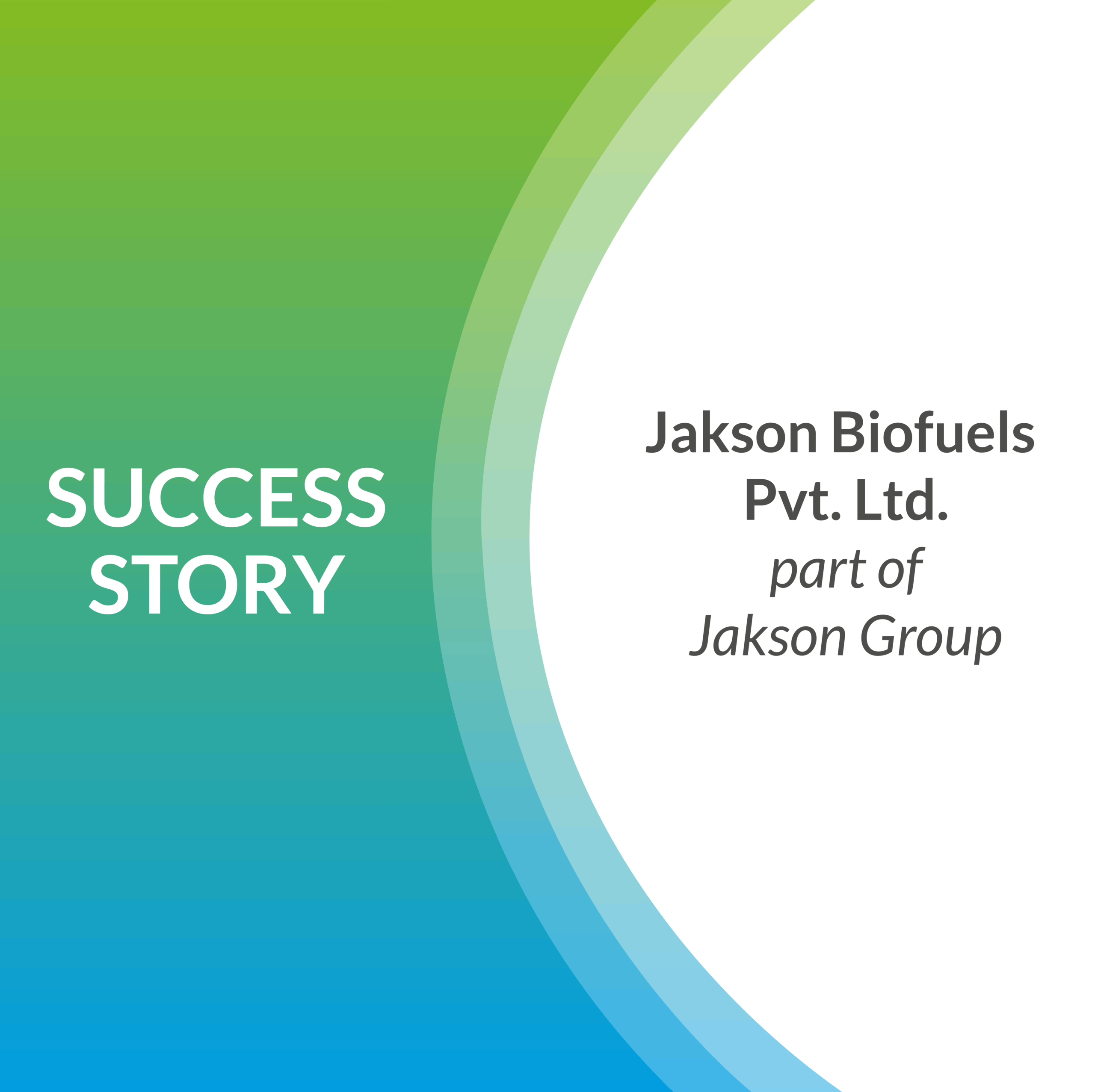When it comes to ethanol production, Southeast Asia is a dynamic market driven by an increasing demand for renewable fuels and the need to reduce GHG emissions. With its diverse economies and resource bases, it showcases both mature and emerging ethanol markets. As such, India and Thailand are two key players in the region, illustrating varying dynamics. While their markets exhibit distinct characteristics, they also present shared opportunities to be captured.
Capturing different dynamics within Southeast Asia's bioethanol market
The Indian ethanol industry historically focused on sugarcane feedstocks for ethanol production, but the government recently introduced a range of incentives promoting the use of surplus grains and maize/corn as a feedstock to make fuel-grade ethanol by fermentation. This shift is driven by the country’s desire to diversify feedstock sources and increase domestic production to meet its ambitious blending targets. The Indian government has set a target of 20% ethanol blending (E-20) with gasoline by 2025, up from the current level of around 11.6% [1]. To achieve this, India actively promotes the use of corn as an alternative feedstock for its high potential as a raw material for ethanol, higher market price support for farmers, and higher agricultural yield.

In contrast, Thailand’s ethanol market is more mature; and relies on sugarcane and cassava as the primary feedstocks for production. After a slight decline in production since 2020 [2], the demand for fuel ethanol is expected to rise with the expanded use of E20, which is more price competitive than E85 – now that E85 has been phased out by the Thai government – and usable on a wider range of vehicles. Moreover, ethanol demand could further rise in the coming years, with the government’s commitments towards carbon neutrality and net zero.
Despite the differences in their market maturity and feedstock preferences, India and Thailand share a common need for innovative products and services that can help ethanol producers navigate the evolving landscapes and unlock the full potential of their feedstock resources.
Evolve™ Evergreen: unlocking starch-based ethanol
To follow the Thai ethanol market dynamics and remain competitive, ethanol producers are looking at increasing the profitability of their existing plants. To increase profitability, the key metric to consider is the overall value created during production. Innovations, such as advanced yeast products – proven to allow smarter management of inputs – are key differentiators to reach producers’ goals.
Evolve™ Evergreen is the first advanced yeast used at industrial scale for ethanol production in Thailand. The product was specifically developed to face ethanol production challenges: maximizing efficiency and yield while minimizing costs and environmental footprint. Pooling our expertise in industrial fermentation with that of internal and external partners allowed us to develop a robust yeast able to express glucoamylase and reach higher yields than the industry standard for ethanol production.

Evolve™ Evergreen already proved its potential both on corn and on cassava mash, the primary feedstock in Thailand, both at lab- and industrial scales. Its reliability, even under a wide range of temperatures enables performing consistent fermentations and sustaining plant performances. Its use offers a reduction of glycerol production by at least 30% – allowing a potential yield benefit of up to 2%. Through its enhanced metabolic capabilities, Evolve™ Evergreen’s glucoamylase (GA) expression enables a reduction of at least 50% exogenous GA. This allows for smart management of inputs, which plays a role in the overall reduction of ethanol plants’ operating costs.
As the Indian market grows towards higher volumes of ethanol produced, advanced yeast products will most likely bring answers to the needs of ethanol producers. The opportunities offered by bioengineering innovations have the power to bring Southeast Asian countries closer to their ambitious targets when it comes to biofuel production.
Continuous process improvement: relying on smart fermentation
Navigating evolving feedstock landscapes, such as the switch to corn ethanol currently happening in India, requires strong technical support to ensure consistent fermentations and value maximization. This is also true in mature markets relying on the same feedstocks historically: disruptions can happen for an infinite number of reasons.
Continuous collaboration is key to addressing fermentation disruptions or nurturing KPI improvement. Starting from the process, it is crucial to diagnose deviations, establish a baseline, define a performance improvement project, and start an implementation strategy – with an established goal and suitable data. The successful implementation of these recommendations relies on the synergies between product expertise, industrial experience, the quality of the data available, and producers’ knowledge of their production process.

However, one of the bottlenecks for continuous improvement approaches is the availability of process data. Currently, production improvement strategies rely on laboratory data that are exploited manually – leaving room for error – and part of longer collect-analyze-recommend-implement strategy models. While lab data is extremely important to monitor, it should not be the only source used for process improvement. Fermentation and production units are dynamic factors: some issues will persist over time and some will arise sporadically, moving beyond only lab data – which is fixed in time – will enable producers to switch from reactive strategies to prevention.
To address the data availability challenge in process improvements, we recently introduced our Fermentation Center of Excellence in India. This innovative service combines the power of Big Data, advanced analytics, and AI to revolutionize how our partners monitor and optimize their ethanol production processes. The Fermentation Center of Excellence provides a live and comprehensive overview of ethanol production with real-time data and insights, enabling proactive process improvements and enhanced productivity. More than a digital tool, it is an extension of our industrial expertise consistently available at our partners’ facilities.
“Access to the FCoE tool and dashboard has brought great value to our operations, the concept was immediately appealing. Since its implementation, we have been able to identify gaps in our process that we had overlooked through our traditional monitoring methods. This facilitated problem-solving and further optimization of our fermentation process, leading to concrete improvements. Thanks to the FCoE and support of the Leaf team, we have been making improvements in our CIP and heat removal during propagation. The insights provided by the software have been instrumental in enhancing the efficiency and productivity of our ethanol production plant.” testifies one of our pilot partners for this solution, in India – Rajasthan Liquors Ltd.
The diverse market dynamics within Southeast Asia present opportunities for bioethanol production. While markets like India and Thailand exhibit distinct characteristics, they also share common needs that can be addressed through innovative products and solutions.
On one hand, advances in yeast technology have the potential to unlock greater efficiency and yield and smarter management of inputs. Bioengineering innovations can help producers in Southeast Asia maximize their value creation and move closer to ambitious biofuel targets. On the other hand, continuous process improvement will remain crucial. The introduction of data-driven services and smart fermentation empowers producers to shift from reactive to proactive strategies, optimizing their processes in real time and driving sustainable productivity gains.
As the Southeast Asian bioethanol landscape continues to evolve, the ability to adapt to changing feedstock dynamics and leverage cutting-edge technologies will be key to unlocking the full potential of the region. By capturing innovative product and solution offers, ethanol producers can position themselves for long-term success and contribute to the broader goals of transportation sustainability and emissions reduction.







